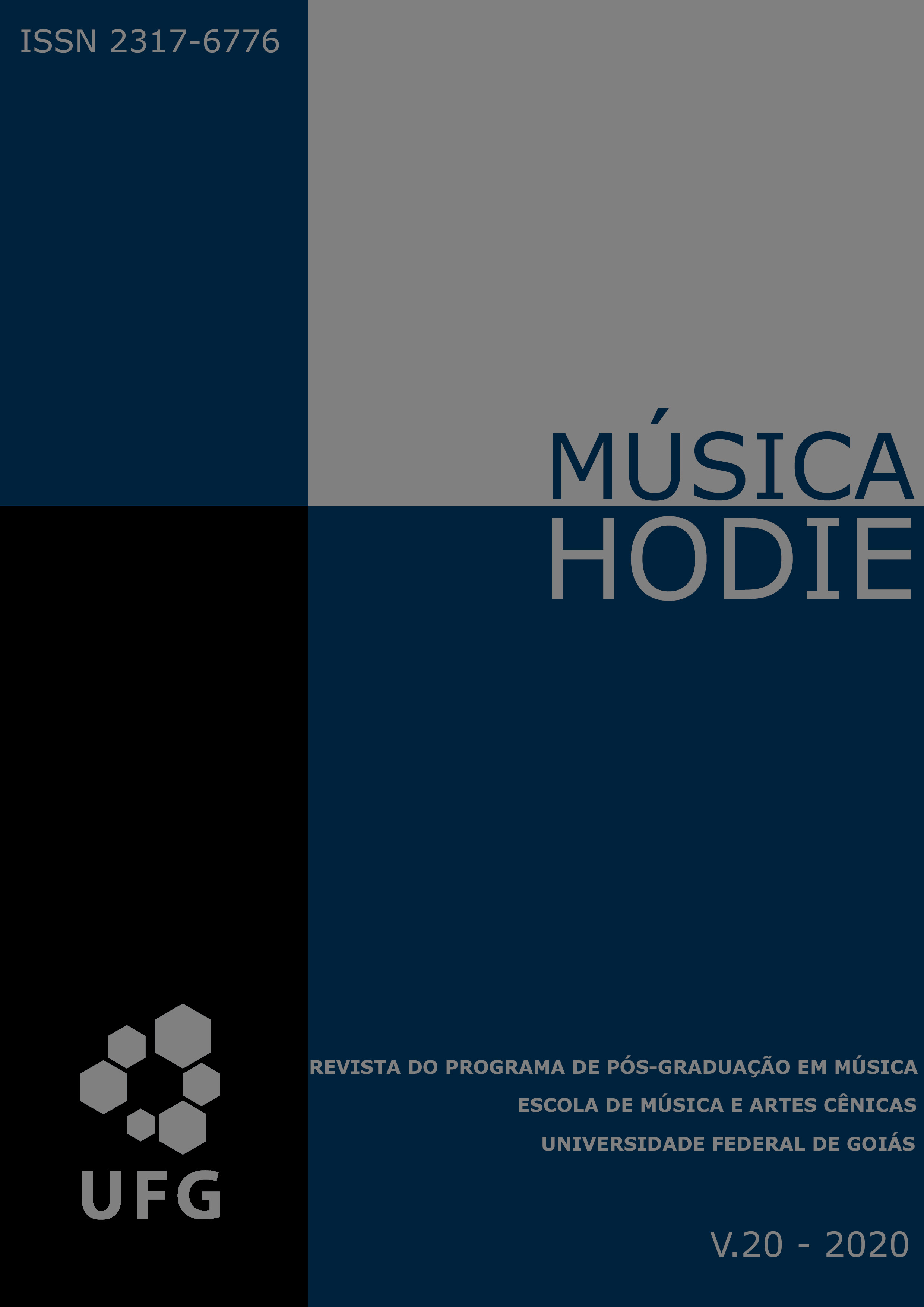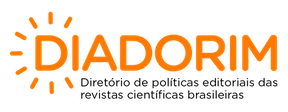Examples of self-regulating cycles and their insertion in the process of musical self-learning
DOI:
https://doi.org/10.5216/mh.v20.59153Keywords:
self-regulation cycles, metacognition, music performance pedagogyAbstract
in this article we present and exemplify the concepts of self-regulation and self-regulating cycles in the teaching context of musical instruments. The objective to be achieved with the adoption of self-regulation goes beyond the attainment of the technical ability to perform a musical instrument, since it aims at the metacognitive development of the individual. The basis for proposing self-regulating cycles was motivated mainly by the writings of the psychologist Barry Zimmerman (1998, 2000, 2002). As a result of the subjects here discussed, we point to the cognitive efficacy of the use of self-regulation, since this strategy contributes to the student's autonomy, which becomes responsible for all stages of his/hers learning process.















